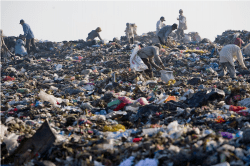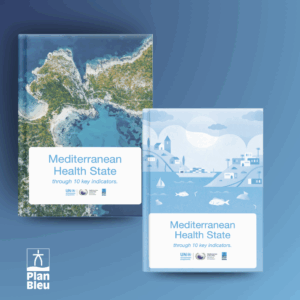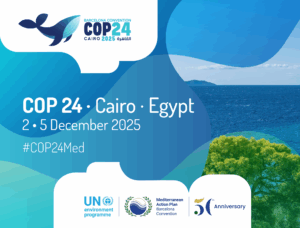
- Plan Bleu
Plan Bleu's missions
Make the Mediterranean a cooperation area for sustainable development
- themes
- projects
- Ressources
- publications
- Events
In the news
Last events
- Plan Bleu
Plan Bleu's missions
Make the Mediterranean a cooperation area for sustainable development

Providing socioeconomics insights for the appropriate management of Mediterranean resources

Facilitate a science – political and civil society interface

Supporting the transition towards a green and blue economy

Design possible futures for sustainable development

Observer of the environment and development to inform governments and the general public
- themes
- projects
- Ressources
- publications
- Events
In the news
Last events

Improving the management of urban waste
Key figures
Partners
More information

Managing waste is not only a technical challenge. It is also crucial to record and comprehend the environmental and health impact, financial and economic parameters, social and cultural aspects as well as the political and legal framework.
Aspiring towards non-sustainable patterns of consumption
Changing consumption patterns, largely as a result of imports and the importation of manufactured goods, is driving a change in waste composition. In most countries to the South and East of the Mediterranean, the proportion of biodegradable waste is on a clear downward trend as the share of plastics and other synthetic materials increases.
In the Middle East and North Africa waste production will grow faster than the number of inhabitants, even if the per capita quantity produced is still lower than in the OECD countries. In Tunisia, waste volume is currently growing by 3%/yr. High waste potential consumption and waste production are set to increase, mainly in the urban areas.
An ambitious target of waste production reduction
As an integral part of the sustainable urban development issue, urban waste has been identified as a priority under the Barcelona Convention1, in various initiatives within the Euro-Mediterranean Partnership2 and also within the Union for the Mediterranean.
Solid and liquid waste production and management remain major concerns in many urban regions in the Mediterranean. The Mediterranean Strategy for Sustainable Development 2016-2025 promotes national measures for implementing innovative waste management solutions, in line with the waste hierarchy: prevention, reduction, reuse, sorting, recycling, recovery, and, as the least preferred option, disposal (strategic direction 3.4).
Urban waste and material flow analysis outline in the Mediterranean Programme
Plan Bleu, with the support of Veolia Environment, has embarked on a 2009-2012 programme of work intended to evaluate urban waste trends in both quantitative and qualitative terms, through three interrelated activities:
1. Four national studies including one case study on a town: Egypt/Cairo, Tunisia/Bizerte, Türkiye/Bursa.
2. A regional flow analysis study to provide physical data upstream of waste production, thereby providing an analysis of waste production potential.
3. A handover workshop to take stock of the state of play in the region and consider how to proceed further on the basis of the prospects opened up by the studies.
Publications
Subscribe to the newsletter
Subscribe to Plan Bleu’s newsletter to stay updated



-
Plan Bleu
Tour la Marseillaise
2 bis, Boulevard Euroméditerranée
Quai d'Arenc
13002 Marseille - France - [email protected]
- +33 (0)6 43 08 20 23







